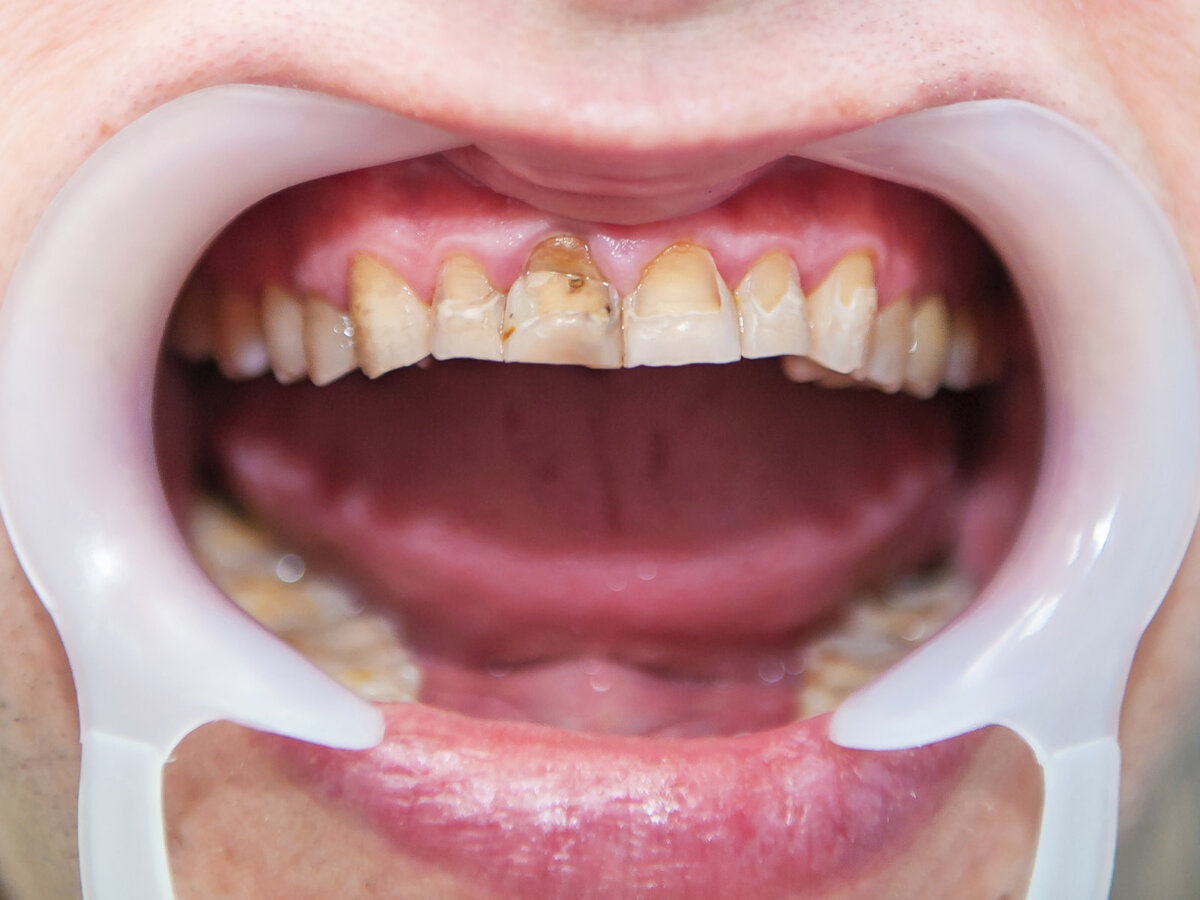Blog
Dental hygiene tips for healthy teeth & gums

Why are my teeth stained?
Who doesn’t want glistening teeth? You might have started to notice that your teeth look stained or discolored and have lost their usual glow. Although there are several ways to turn this around, the crucial thing to do is identify the problem.
Why do teeth get stained?
There are some causes of tooth stains like age or accidents in young age that are out of our hands and cannot be controlled. Hence, before you plan to go for a whitening treatment, be it at home using OTC teeth-whitening products or under professional guidance, it is always better to visit your dentist to understand the underlying cause for the stains.
Your dentist will be able to tell you if the stains are occuring due to your lifestyle like your food habits or is it because of a compromised oral and dental health. Despite teeth whitening being done as a cosmetic procedure to enhance the aesthetic look of the teeth, your dentist can guide you on all the options for treating the stains depending on the type of stain you have. Yet, you can be assured that most teeth stains are reversible and can be effectively dealt with.
Do teeth get stained by lifestyle habits?
There are several foods and drinks that can lead to stains or discoloration of teeth. Drinks like coffee, tea, wine, and colas can leave behind stains. Similarly, starchy food like pasta, potatoes can also cause staining sometimes. Apart from that lifestyle habits like smoking and chewing tobacco can also lead to teeth stains.
What are the other reasons for stains on teeth?
Tooth stains can occur due to compromised dental hygiene too. This can include:
- Poor maintenance of dental health: Not brushing and flossing teeth can lead to plaque build up. Even skipping dental cleaning twice a year can allow stains to occur and become prominent.
- Diseases: Several diseases can prevent the development of tooth enamel and dentin properly, causing teeth stains. Infections during pregnancy can also lead to improper enamel development in babies leading to teeth stains.
- Medications and treatments: Antibiotics such as doxycycline and tetracycline can lead to distorted enamel formation in children till the age of eight causing teeth stains. Even mouth rinses and washes containing cetylpyridinium chloride and chlorhexidine can cause stains. Antihistamines , antipsychotic medicines, and antihypertensive drugs also cause teeth stains. Additionally, medical procedures and treatments like chemotherapy and head & neck radiation also lead to teeth stains.
- Dental Materials: Sometimes dental materials like amalgam restorations or silver sulfide dental material can leave behind a greyish black stain on your teeth.
- Aging: As the outer layer of your enamel wears away with age, the interior yellow dentin gets exposed and increases in size. This decreases the pulp size. This makes the tooth appear stained or darker.
- Environment: During tooth formation, high fluoride in water or excessive use of fluoride toothpastes and rinses can lead to fluorosis that appears as stains on the teeth.
- Trauma: If kids below the age of eight get hit on their mouth during play, there can be enamel damage. This can cause discoloration or stains on teeth. Even during adult life, any injury due to physical activity that decreases blood flow in the tooth or the nerves to die can cause teeth stains.
Hence, if you notice the stains early on or see stains getting prominent, then booking an appointment with your dentist is the best way to detect the underlying issues of the teeth stains. So, book your appointment today and solve your problems now!


